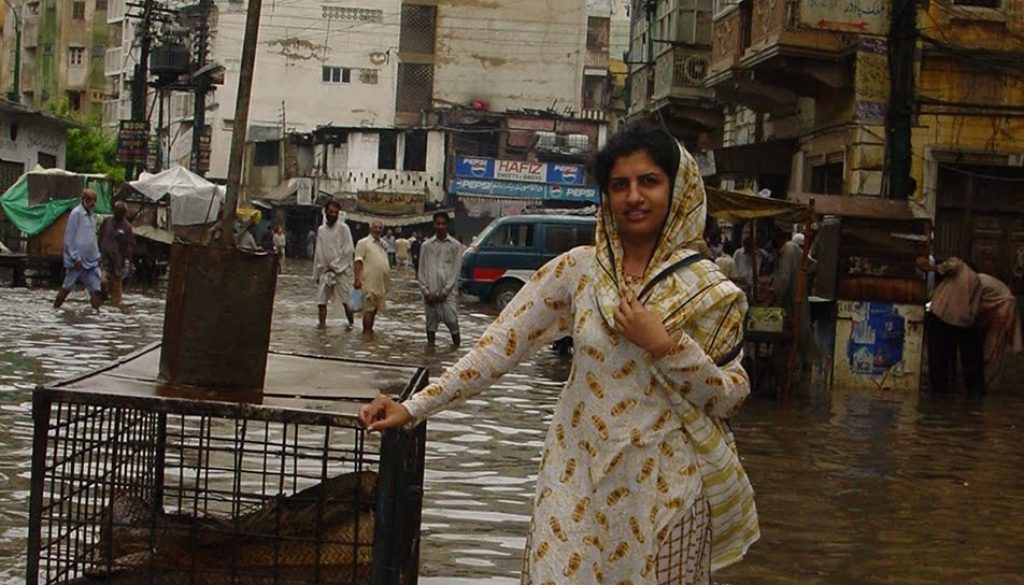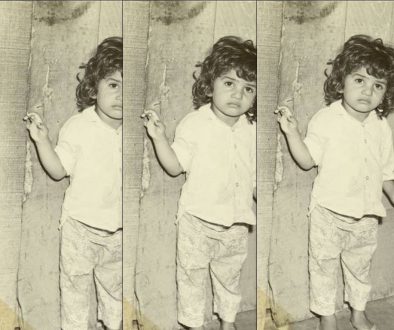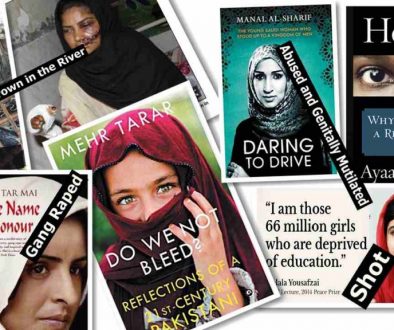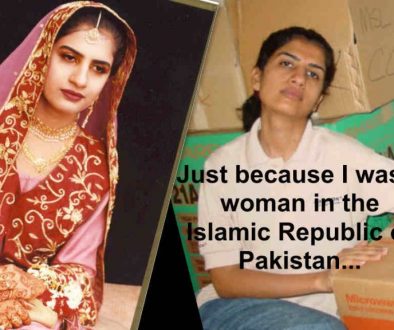To say to not to say – The pitfalls of Islamophobia
**This article was published on stuff.co.nz. Here is the link**
I am only eight or nine. Our small apartment is in the slums of Karachi, Pakistan and we are sitting on the floor having dinner. The radio is turned on and there is a Q&A session going on with a Muslim Imam. In a response to a question, the Imam says that girls shouldn’t go to college or study because their primary duty is to take care of their homes and their husbands and they should stay at home to learn these domestic chores.
This sparks fury in my mother. She says that if women are not educated, how can they raise strong and independent children. My mother continues to fume, and I can tell you that there are a lot of words with ‘F’ in them.
I grew up listening to her critique of these teachings by local imams and learned not to fully accept their ideas unless they made sense to me.
This was okay as long as I was in the house. Once I walked out of our house, things changed. It was the realm of men. They harassed me; they groped my genitals in crowded streets, and they tried to strip me naked with their eyes. My only crime was that I was walking on the street not having covered myself from head to toe – as was the custom – and so, I didn’t deserve their respect.
The anger in me grew in leaps and bounds and so did my aggression. But there wasn’t much I could do.
When I finally left this world of patriarchal aggression, I was full of rebellion. I rebelled against Pakistani men; I rebelled against Pakistani traditions and above all, I rebelled against Islam. For me, it was a repressive and violent religion; a religion where husbands are allowed to hit their wives, and men are allowed to control the women of their household in the name of honour and shame.
I didn’t need that Allah; I didn’t need any Pakistani man who treated me like an inferior. There must be a place for me in the world. There must be a place where I could be free. My search for answers took me to Singapore, Australia and then to Christchurch New Zealand where I have moved only about a couple of months ago.
For those of you who have read my blogs, you might have noticed that I have written a lot about injustices that have happened to me in Pakistan in the name of religion and culture.
Even though writing about these made me feel better because I was exposing the unjust practices of Islam, but I was also wary that I was adding to the “Islamophobia” that has been prevalent on the global stage since 9/11.
I didn’t know how to reconcile this. I didn’t know how not to blame Islam for all that had happened to me in Pakistan. Osama Bin Laden killed thousands of innocent lives and then claimed it all in the name of Allah; in the name of Islam. How could I not say that Islam taught him to be violent?
As you can imagine, I have received ‘virtual beatings’ on social media through my blogs and a few months ago, it all became too much for me. I needed to take a break from my own anger. I stopped blogging.
Since then, I have been finding a way to express my feelings. A way to share my experiences without attacking Islam, or Pakistani men but I have been at a loss.
And then something very drastic happened. On Friday the 15th of March, a gunman shot innocent Muslims in their places of worship. White supremacy raised its ugly head that day and the gunman claimed his ideology via a manifesto, just like Osama had done years ago.
I had expected Muslims to rebel. I expected Muslims to retaliate and do the same to white Christians. After all, isn’t that what Islam taught them – an eye for an eye.
But instead, something really wonderful happened. I experienced love, compassion and forgiveness from Muslims in a way that I had never experienced before. The word ‘Islam’ means peace, and this is what I saw in the wake of what could have created decades of inter-religious animosity.
That day, for the first time in my life, I understood the true spirit of Islam. My mother’s wisdom shone on me that day. She had only ever questioned people who said unjust things because, in her mind, the religion could never teach such violation of human rights.
But using the name ‘Islam’ gives an unquestioning power to whoever is holding this placard. When a man asks a woman to wear a hijab, she may say no. But if he commands it in the name of Islam – saying no now means going against the wishes of Allah… How could she say no?
When a Muslim scholar tells women that their husband is their ruler because that’s how Allah has designed this world, they have no choice but to oblige. After all, it is the word of God.
What we forget is that humans are only humans? And it is the weak humans who use religion to exact power upon other people. It is not Islam; it is always the person who is using this power to control people in their lives.
In a way, the term ‘Islamophobia’ doesn’t have much meaning at all because it is the people, organisations and the imams who use it as part of their own hunger for power. Holding them accountable has much more power and meaning because we are no longer attacking an ideology, and this means that even Muslims can support us in this fight against these unjust practices.
My personal challenge now is to see Islam separate from those who practice it unjustly. Instead of lashing out in anger, I now need to sit with my own anger and discomfort and reflect until I can see beyond. I hope you can do the same…



